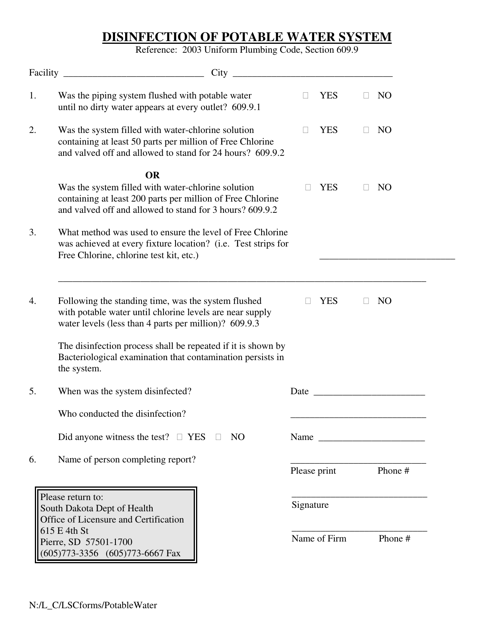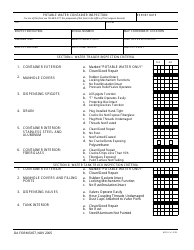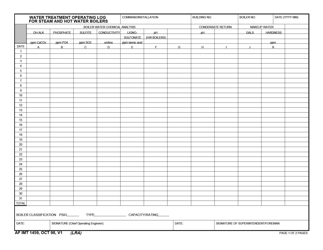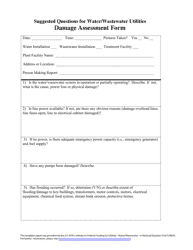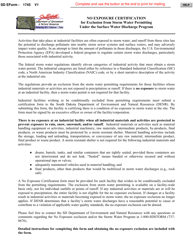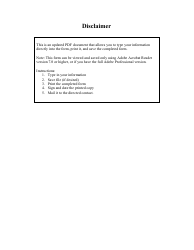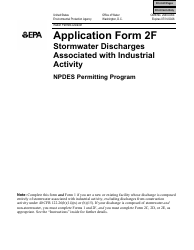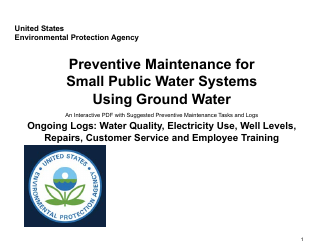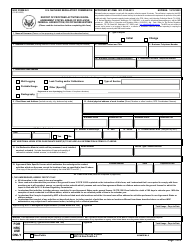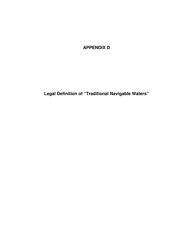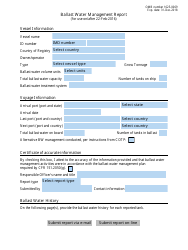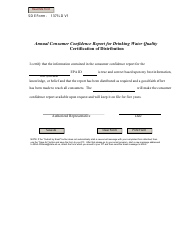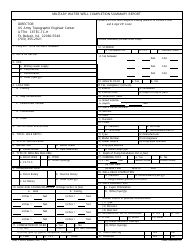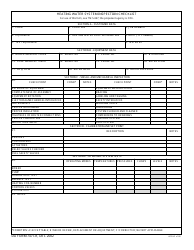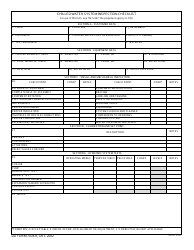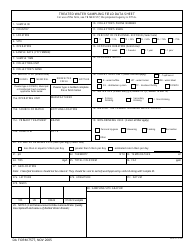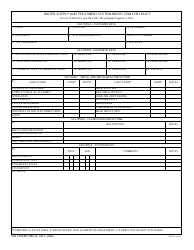Disinfection of Potable Water System - South Dakota
Disinfection of Potable Water System is a legal document that was released by the South Dakota Department of Health - a government authority operating within South Dakota.
FAQ
Q: Why is disinfection of potable water system important?
A: Disinfection is important to kill harmful bacteria and other pathogens in the water.
Q: How is disinfection of potable water system done?
A: Disinfection is typically done by adding chlorine or other disinfectants to the water.
Q: Who is responsible for disinfection of potable water system in South Dakota?
A: The responsibility for disinfection of potable water system in South Dakota lies with the water utility or the owner of the water system.
Q: Are there any regulations for disinfection of potable water system in South Dakota?
A: Yes, South Dakota has regulations in place to ensure proper disinfection of potable water systems.
Q: What are the common disinfection methods used in South Dakota?
A: The most common disinfection method used in South Dakota is chlorination, but other methods such as UV disinfection may also be used.
Q: Is the disinfection of potable water system in South Dakota safe for consumption?
A: Yes, the disinfection process used in South Dakota ensures that the water is safe for consumption.
Q: Is there a need to disinfect private wells in South Dakota?
A: Yes, it is recommended to disinfect private wells periodically to ensure the water is free from harmful bacteria and other pathogens.
Q: Can I use household bleach for disinfecting my water system in South Dakota?
A: Yes, household bleach can be used for disinfecting the water system, but it is important to follow the recommended guidelines for proper disinfection.
Form Details:
- The latest edition currently provided by the South Dakota Department of Health;
- Ready to use and print;
- Easy to customize;
- Compatible with most PDF-viewing applications;
- Fill out the form in our online filing application.
Download a printable version of the form by clicking the link below or browse more documents and templates provided by the South Dakota Department of Health.
